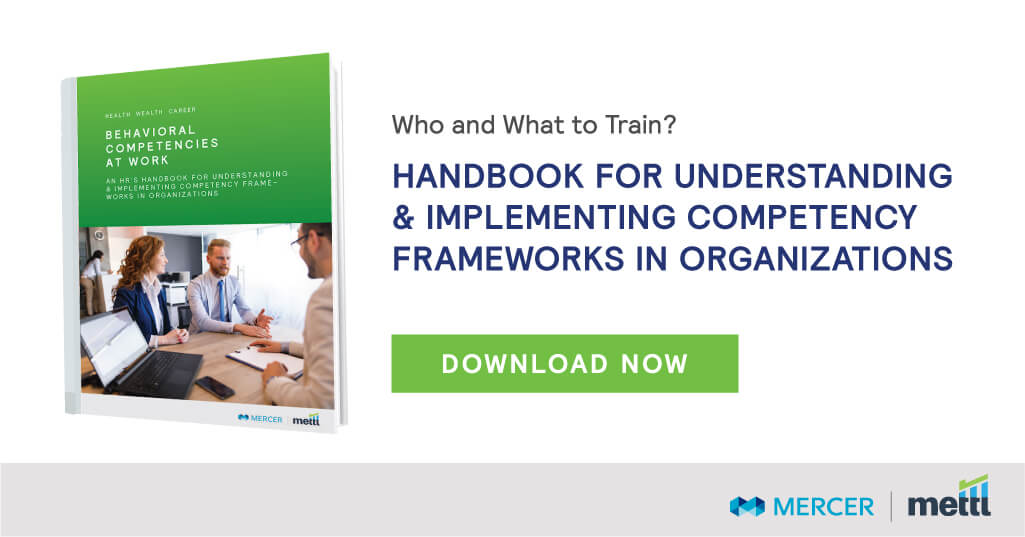Companies often face significant challenges in hiring the best fit candidates. Carrying out accurate hiring assessments is no mean feat, given the difficulties many hiring managers face in undertaking the process. Finding highly skilled talent requires a strategic approach rather than impulsive decision making. Considering that snap judgment will mislead hiring managers to make biased decisions, behavioral testing should be a routine part of hiring practices. Pre-employment behavioral assessments eliminate guesswork from the hiring process and provide insights into a candidate’s character traits revealing relevant aspects of his or her personality.
Often interviewers form opinions about candidates within the first few seconds of interaction. However, these instantaneous judgments are laced with beliefs and biases, and do not provide a clear picture. Pre-employment behavioral assessments can help assess if a candidate is a good fit for the role. Unlike gut instincts, assessing behavioral competencies will help managers predict employee behavior in the workplace with the utmost ease. There is no denying that bad hires are like daunting nightmares for hiring managers. They can severely impact the progress of a company, spreading negativity in the workplace and prompting headwinds in generating turnover.
Many companies are using behavioral assessments for hiring to obtain an unbiased opinion about a candidate’s behavioral tendencies. Such assessments vouch for the merits of the candidate. With an in-depth report in place, the employer or project manager can focus on building a strong team. Candidate’s behavioral competencies, which include, but are not limited to his/her interests, temperament, and active and latent skills, are pivotal in building and guiding a team of like-minded professionals. The downside of hiring the wrong candidate is, of course, hard to quantify because companies are disproportionately affected by bad hiring decisions. Taking cues from pre employment behavioral assessment results, companies can make the right hiring decision backed by an insights-driven approach.









 Behavioral Competencies
Behavioral Competencies Cognitive Competencies
Cognitive Competencies Coding Competencies
Coding Competencies Domain Competencies
Domain Competencies


































Would you like to comment?